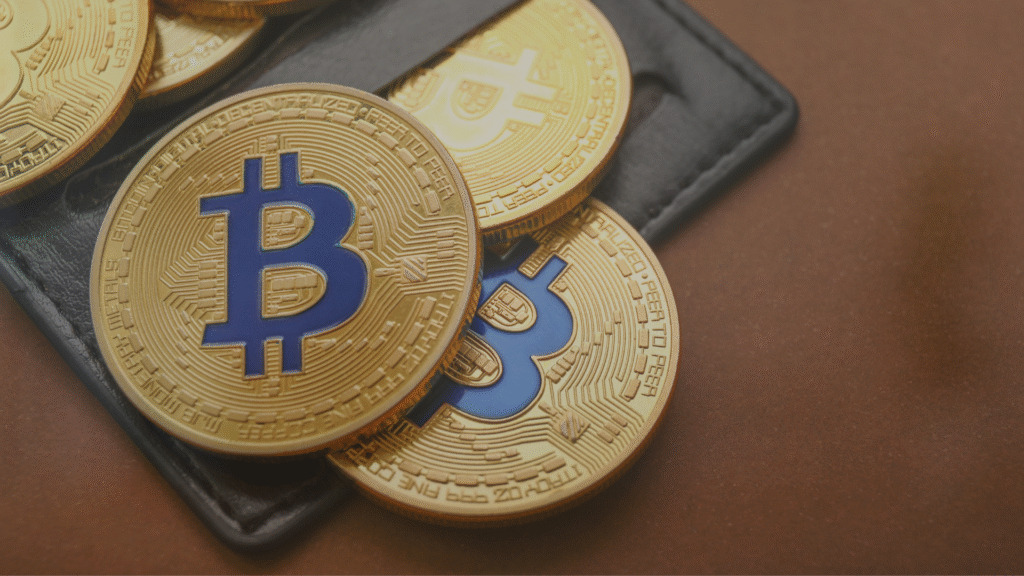If you’re new to Bitcoin, you’ve probably heard you need a “wallet” to store it. But a Bitcoin wallet isn’t like a regular wallet that holds cash or cards.
A Bitcoin wallet doesn’t store bitcoin itself, it stores something much more important: the keys that prove you own bitcoin.
A Wallet Holds Your Keys, Not Your Coins
When you own bitcoin, your coins live on the Bitcoin blockchain (think of it like a giant public ledger that tracks everyone’s balances).
Your wallet doesn’t hold the coins, it holds the private key that lets you control them.
- Private key: Your secret code (usually 12-24 words) that proves the bitcoin is yours.
- Public addresses: Like your account number, but you have many. People can send bitcoin here.
As long as you keep your private key safe, you are in complete control of your bitcoin.
Types of Bitcoin Wallets
Different wallets store your private key in different ways:
1. Hot Wallets (Connected to the Internet)
- Examples: Mobile apps, browser wallets.
- Pros: Easy to use and quick access.
- Cons: More vulnerable to hacking if your device is compromised.
2. Cold Wallets (Offline Storage)
- Examples: Hardware wallets, paper backups, metal backups.
- Pros: Very secure because the private key is offline.
- Cons: Requires a little more effort to set up and use.
How a Cold Wallet Works
A cold Bitcoin wallet works like a digital control panel that interacts with the blockchain. However, there are multiple components:
- Wallet Software – This is a software you have on your computer. Most are designed not to store your private keys. Instead, they show your balance and it helps you produce addresses to receive bitcoin.
- Private Key / Seed Phrases – For security reasons, a private key should be stored, at least in part, offline. This way, no hacker can gain access to it. This typically involves writing it down on a piece of paper or engraving it into metal.
- A Signing Device / Cold Wallet – This is a device that acts as the middle-man between your computer and your private key. These devices help you use your private key to send bitcoin, using your wallet software, without ever exposing your computer to the private key information itself. If your private key is the signature, these are the pens.
Your bitcoin isn’t inside your phone or device—it’s always on the blockchain. The 3-part wallet setup simply keeps your access secure.
Why Security Matters
If someone gets your private key, they can take your bitcoin and there’s no “password reset” or bank to call.
Best practices:
- Store backups of your key securely (offline if possible).
- Never share your private key.
- Use hardware wallets or trusted wallet software.
Final Thoughts
Your Bitcoin wallet is your personal key to the Bitcoin network.
- It doesn’t store bitcoin—it stores your ability to access it.
- If your private key is safe, your bitcoin is safe.
- Unlike a bank, you are in full control.
When you understand wallets, you understand the foundation of bitcoin ownership.
Ready to start your Bitcoin journey with confidence?
At Abundant Mines, we help investors from beginners to experienced miners, secure their Bitcoin safely.
Book a free consultation today and take the next step toward owning your Bitcoin with peace of mind.



